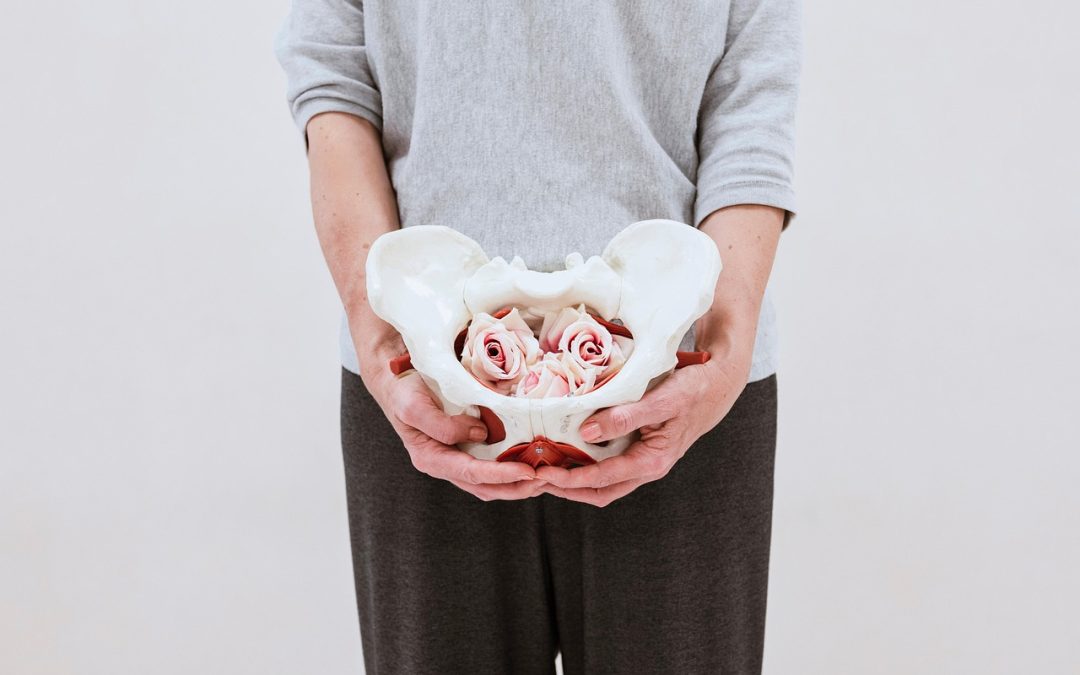Let’s talk about something that doesn’t get nearly enough attention: women’s health physiotherapy. Think of it as having a personal coach for your body’s most intimate needs – someone who combines medical expertise with genuine care and understanding.
Many women believe that certain physical challenges – like leaking when you laugh or experiencing pain during intimacy – are just “part of being a woman” or “what happens after having babies”. Here’s the empowering truth: they’re not! 84% of women with stress urinary incontinence saw significant improvement after pelvic health physiotherapy. That’s right – those “just in case” pads might become a thing of the past!
The Benefits
But women’s health physiotherapists aren’t just about bladder control (though they’re absolutely brilliant at that). They’re like the body detectives who understand the intricate connections between your muscles, bones, and daily life. Whether you’re pregnant, postpartum, or haven’t had children at all, women’s health physiotherapists can help with:
- Pregnancy-related back pain (studies show that targeted physiotherapy can reduce pain intensity by up to 60%)
- Diastasis recti (post-baby tummy gap)
- Pelvic pain or prolapse
- Exercise guidance that actually makes sense for your body
- Sexual discomfort
So, What Next?
One of the most beautiful things about women’s health physiotherapy is the personalised attention. No more Dr. Google, and no more wondering if you’re doing exercises correctly. One-on-one pelvic floor training is significantly more effective than generic exercises alone.
Think of these specialists as your body’s cheerleader and translator rolled into one. They understand that every woman’s journey is unique, and there’s no one-size-fits-all solution. They’ll take time to listen to your concerns (without the awkward rush of a standard medical appointment), explain what’s happening in plain language, and work with you to create a treatment plan that slots into your life.
The best part? You don’t need to wait for a problem to see one. Many women find that preventative sessions – especially before or during pregnancy – can help avoid issues before they start. It’s like having a tune-up for your car, except it’s for something far more important: your body’s long-term wellbeing.
If you’re feeling nervous about making that first appointment (totally normal btw), remember that these professionals have literally seen and heard it all. They’re trained to make you feel comfortable, respected, and empowered. Your concerns matter, your symptoms are valid, and there’s no such thing as a silly question.
Here at Bodytherapy, we’re fortunate to have Jo, our dedicated women’s and pelvic health physiotherapist. She brings her expertise and compassionate approach to every session, ensuring each woman who walks through our doors feels heard and supported. Whether you’re dealing with pregnancy-related discomfort, postpartum recovery, or any other women’s health concern. Jo is here to guide you on your journey to better health.
So, whether you’re dealing with specific issues or simply want to invest in your body’s future, consider booking an appointment with our women’s health physiotherapist, Jo. Your future self will thank you for taking this step toward better health, confidence, and quality of life. Because you deserve to feel comfortable, strong, and supported in your body at every stage of life.
Remember…
Your body has carried you through every moment of your life – isn’t it time to give it some expert TLC? Stick around to hear more about women’s health physiotherapy, pelvic health and what to expect from your first appointment!
References/Extra Reading
Dumoulin, C., Cacciari, L. P., & Hay-Smith, E. J. C. (2018). Pelvic floor muscle training versus no treatment, or inactive control treatments, for urinary incontinence in women. Cochrane Database of Systematic Reviews, 10(10), CD005654.
Woodley, S. J., Lawrenson, P., Boyle, R., Cody, J. D., Mørkved, S., Kernohan, A., & Hay‐Smith, E. J. C. (2020). Pelvic floor muscle training for preventing and treating urinary and faecal incontinence in antenatal and postnatal women. Cochrane Database of Systematic Reviews, (5).
Moossdorff-Steinhauser, H. F., Berghmans, B. C., Spaanderman, M. E., & Böhnen, A. M. (2021). Prevalence, incidence and bothersomeness of urinary incontinence in pregnancy: a systematic review and meta-analysis. International Urogynecology Journal, 32(7), 1633-1652.
Verbeek, M., Vette, J., & Bekkers, R. L. (2019). Effects of pelvic floor physiotherapy in women with dyspareunia: A randomized controlled trial. Sexual Medicine, 7(2), 145-153.
Diplock, B. D., Davenport, M. H., & Brown, H. (2021). The effectiveness of exercise interventions for preventing or treating pelvic girdle and low back pain during pregnancy: A systematic review and meta-analysis. Journal of Clinical Medicine, 10(4), 835.
Image by sofietakesphotos from Pixabay

